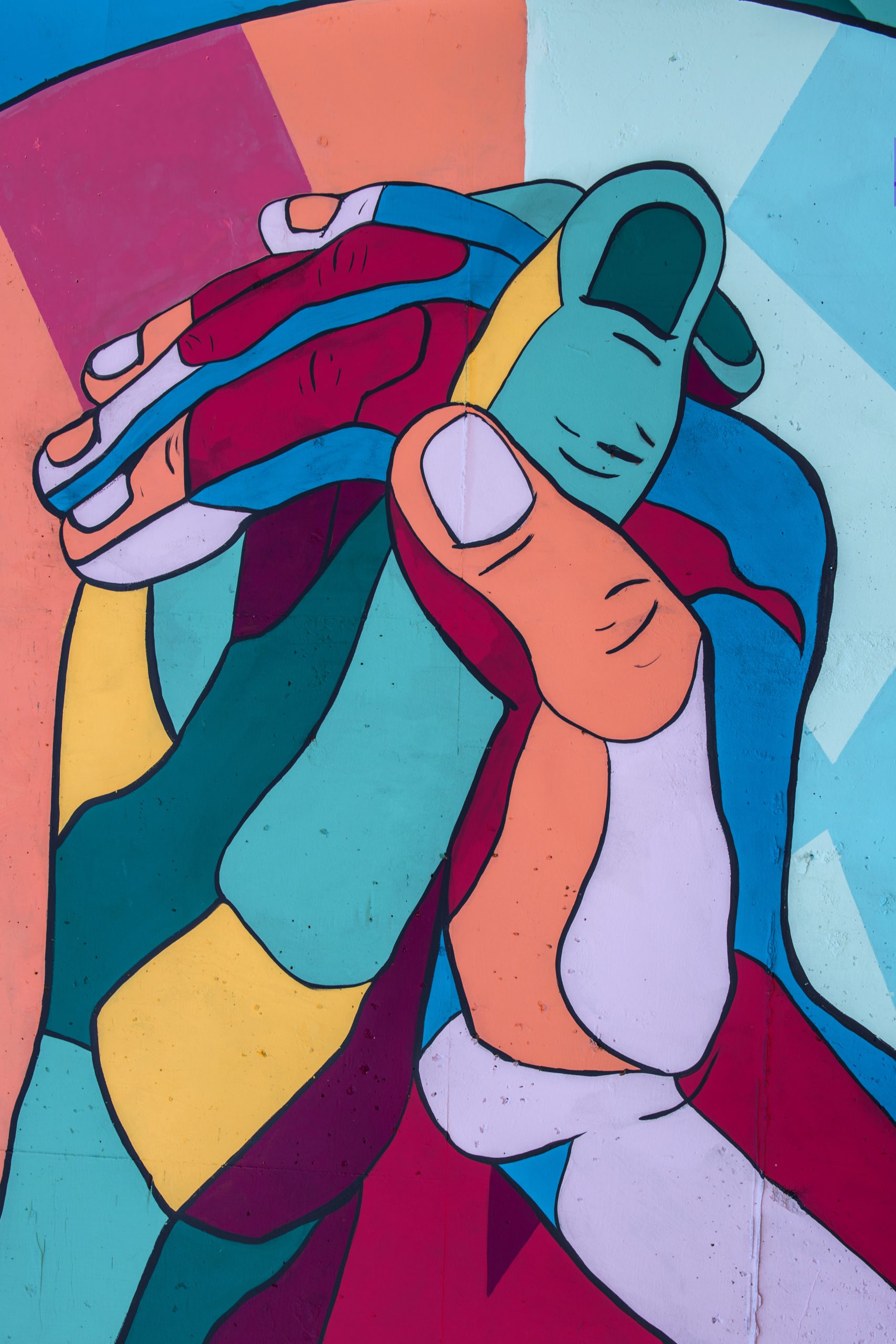by Isabella Neblett ||
Is there a responsibility in the literary arts to carve a space for those who have mental health issues? As a sexual assault survivor with PTSD, I can say that literature played a pivotal role in my relationship with mental health and trauma. I have published poetry about my experience with rape and dating violence at two of my undergraduate college’s literary magazines. One of these literary magazines is explicitly aimed at providing a platform for survivors’ voices. The magazine did not decline literature for “quality.” Instead, they accept as many pieces as they can because their objective is to capture an experience, not to provide the most artful expression. I think there is value to literary magazines and magazines targeted to a theme or a purpose, however, I also wonder if the point of a literary magazine is to showcase human experience more broadly.
The discrimination necessary when using mental health as a lens, opposed to a subject, is interesting because it causes me to question why. Writers and editors will use their lenses— perhaps as people with mental health issues— to favor various subjects but not always about mental health. There is a stigma of the depressed, suffering writer and the misconceived concept that the greatest art derives from a writer’s suffering. There is a barrier for writers to talk about mental health— out of fear of being stereotyped. If mental health stereotypes are so pervasive that people suppress their speech, does that not make it even more imperative that we talk about mental health as a perspective and as a subject?
I live in a country where insurance for mental health is scarce, and deep-rooted stigma surrounding mental illness is all too common. I think having a literary magazine dedicated to portraying mental illness is essential. Luckily, these do exist, and I am grateful.
 While literature generally is arguably an exploration of the specifics of the human condition, it is always a dive into our subjective perceptions of reality. It is the responsibility of literary magazines to present what it means to be human. If that is the case, then arguably, literary magazines must strive to represent the more complex facets of the human experience. However, I find myself asking how often the publishing world considers mental health as part of diversity. There are literary journals dedicated to covering mental health, which shows that some editors think about people with neurodiversity as well. But often times in my own experience, I rarely find that people include mental illness as part of diversity despite disability arts arguably covering mental health issues.
While literature generally is arguably an exploration of the specifics of the human condition, it is always a dive into our subjective perceptions of reality. It is the responsibility of literary magazines to present what it means to be human. If that is the case, then arguably, literary magazines must strive to represent the more complex facets of the human experience. However, I find myself asking how often the publishing world considers mental health as part of diversity. There are literary journals dedicated to covering mental health, which shows that some editors think about people with neurodiversity as well. But often times in my own experience, I rarely find that people include mental illness as part of diversity despite disability arts arguably covering mental health issues.
Is disability considered as part of diversity? I would say yes. How many novels have bee published about cancer patients? I can think of several. But if one were to ask me how many novels have been published about people with depression, or PTSD, or an anxiety disorder, I can’t think of many. Even in cinema, the moves I do see depict rare mental illnesses such as multiple identity disorder or schizophrenia in an exploitive manner to frighten the audience, creating further stigma towards mental illness. It is posited as the “other,” as the enemy, as something to fear. One prime example is “Split,” which has someone with multiple identity disorder eat a woman alive. I doubt a fictitious cancer patient would be covered in the same light.
The beauty of capitalism is that where there is a desire for literary work about mental health and other topics, there will be someone to commodify that desire, and someone will make and buy the books. However, fiction more so than poetry tends to be published by commercial presses, whereas poetry tends to be published by university presses. Poetry appears to be the home for mental health, so less commercial presses are likely to publish it, creating a chasm in which poetry about mental health can become lost. The movies and literature I see surrounding mental illness use it as theme for the genre of horror, dehumanizing the individual and telling societies that mental illness is something to fear and run away from. But it is not. The patient with a mental illness like depression is more similar to the patient with physical illness than one might think. Both are sick, and both want to get better. And I highly doubt that both want to hide when being sick is hard enough already. And that is why literature is so necessary: it garners an intellectual empathy for people whose perceptions we do not understand easily. It is a door of perception into the world of the mentally ill and that is both powerful and incredibly necessary.



